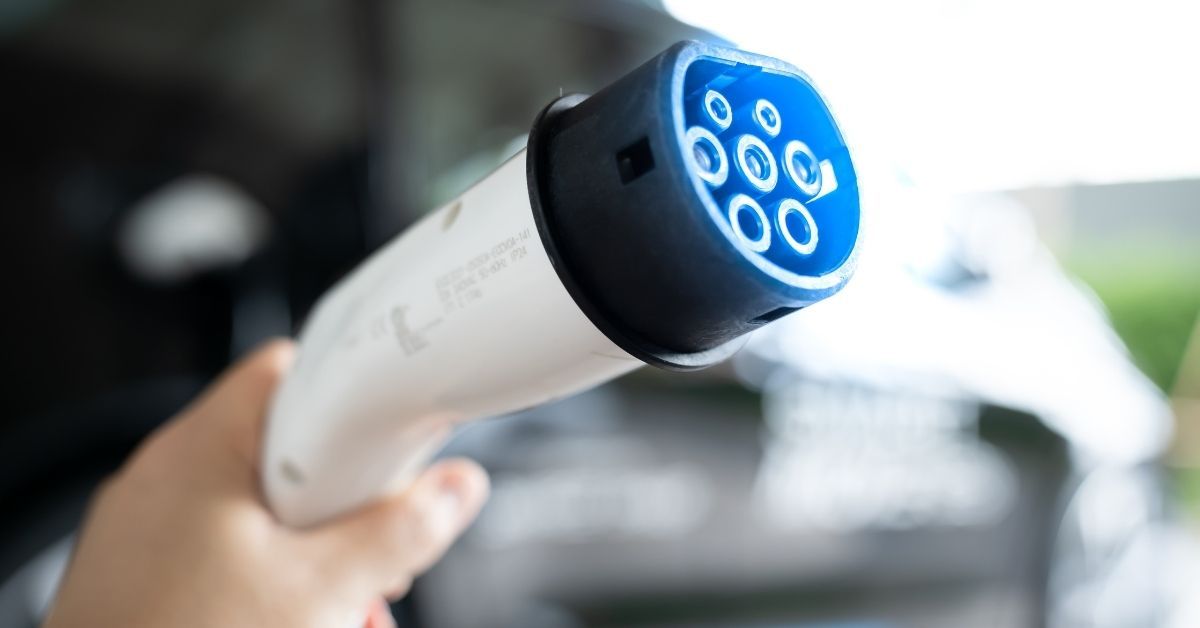If your work offers a salary sacrifice scheme that includes electric cars, you’ll be able to turbo-charge the payback time of an EV. Electric cars may have higher price tags, but the extra cost of an EV soon pays back. This is especially true for higher mileage drivers, as cheaper running costs offer a big saving in fuel cost.
Tax breaks on electric company cars
Benefit in Kind (BiK) changes back in 2020 were a game-changer for leasing an electric car through a company car scheme. The tax rate for zero-emissions vehicles is currently 1% and it will rise to just 2% for the next three tax years. This compares to a tax rate of 31% for new petrol cars, and up to 32% for new diesel cars. Plug-in hybrids face a tax rate of 12%.
These BiK changes made electric cars a perfect match for ‘perk’ drivers under a salary sacrifice scheme. Salary sacrifice is the system companies use for pension contributions, cycle to work schemes and childcare vouchers — allowing workers to pay for these things before tax.

Electric company cars benefit from 1% tax compared to 31% for petrol models
Salary sacrifice saves you both national insurance and income tax. This means you’ll save 32p (if you’re a basic rate taxpayer) or 42p (if you’re a higher rate taxpayer) for every £1 you forgo in your wage packet. So, rather than getting paid £1 and using that to pay for your car, your salary sacrifice means that you have up to £1.42 towards a car payment.
If you’d opted for a car with CO2 emissions greater than 76g/km you’d be paying income tax on the greater of the taxable value of the car or the salary being sacrificed – an estimated increase of up to £240 /year more.
Looking for an EV that fits your needs?
How does the 1% BiK work out for a Tesla?
According to Tesla, a Model 3 costing £40,000 will cost a higher rate taxpayer £3,500 less in tax each year than a similar diesel saloon.
And you don’t have to find £40,000 down the back of your sofa to get into a Tesla. A Tesla Model 3 Standard Range Plus doing average mileage with £4,000 deposit down over 48 months could be roughly £450 per month on a lease. A higher rate taxpayer pays less than £300 out of the wage packet they would normally see.

A typical saving for a company car driver last year with a Tesla 3 on 0% BiK
If you need to make that even more attractive, you can bundle insurance and servicing plans into the salary sacrifice. Plus there are tax advantages for your employer to cover the installation of an EV charging point at your home. Check the details with your HR department.
Don’t forget to check your cost per mile
There’s more good news, the low cost per mile in an electric car is the reason many drivers go electric. If you are powering your EV at home with an overnight tariff, your true costs could be close to 1p/mile. Take a look at the articles below for more information:
- Charging top tips: How to fill your car for even less
- Overnight charging: The best home energy tariffs for an EV driver
Is your energy tariff EV-friendly?
Your employer gains too

Your company has tax incentives to install chargers at work and at your home
Your employer pays NIC on benefits given to you as part of your ‘salary package’. Reduced BiK rates on electric vehicles that reduce your income tax liability also lower the amount employers pay for their Class 1A National Insurance. A win-win for both you and your employer.
Send your employer to the guidance here: An employer’s guide to Class 1A National Insurance contributions
What’s more, there are other benefits for both you and your company.
- No fuel scale rate – Fully electric cars do not have any fuel scale rate charges applied to them, as electricity is not a fuel. For reimbursement of mileage, your employer will use the approved electricity rate of 4p per mile. (See Advisory Fuel Rates).
- Additional tax incentives – There are also tax advantages if your employer provides you with charging facilities – at your workplace and this even stretches to the installation of a vehicle charging point at your home.
